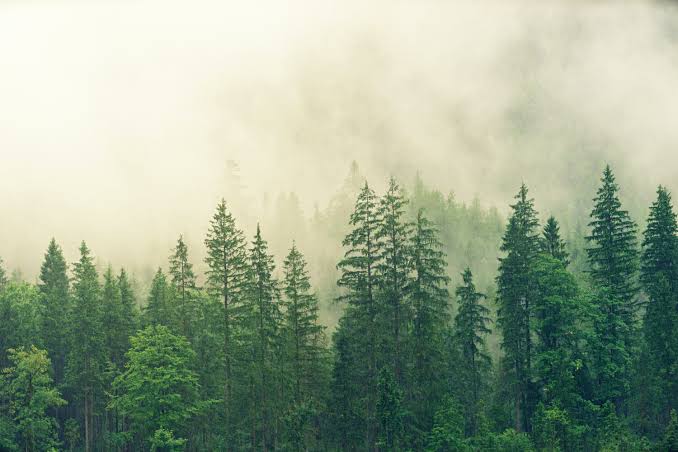Other people than SC/ST and Adivasis are integral to forest communities too: Supreme Court

The Supreme Court has declared that there are other people integral to forest dwelling communities than that of SC/ST and Adivasis who get usually recognised as such. It also held that the substantial right of possession of land can't be granted or denied to anyone without a hearing by the competent authority.
"Forest communities do not only consist of people from recognised Adivasi and other backward communities, but also other groups residing in the said land. These other groups, who do not get recognition under the law as a forest dwelling community due to several socio-political and economic reasons, are also an integral part of the said forest communities and are essential to their functioning," a bench of Justices Krishna Murari and Ahsanuddin Amanullah said.
The court also said further, there can also be several instances of people ancestrally being forest dwellers, however, due to lack of documentation, they are not able to prove the same.
The bench allowed an appeal filed by Hari Prakash Shukla and others against the Allahabad High Court's judgement of February 4, 2013, which had directed eviction of the appellants from the forest land.
Dealing with the matter, the court framed two legal issues including whether its previous judgement in Banwasi Seva Ashram Versus State of Uttar Pradesh (1986) is only applicable to SC/ST and OBC communities.
When certain Adivasi communities inhabiting the situate land were being evicted from their homes on grounds of the said land being subject to a Section 4 notification under the Forest Act, this court has then held that the said inhabitants had a right for their claims to be heard by the Forest Officer, and it was the forest officer, who had the power to go into the merits of the case and decide the claims of the inhabitants, the bench explained.
"While delivering the said judgment, the court did not go into the merits of each claim but only provided an appropriate forum for the claims to be heard...The object of such judgement, in our opinion, is to further the cause of substantive justice, and to ensure that every party with a valid claim over the notified land is heard in detail, and no arbitrary power to evict local inhabitants is given to the state," the bench said.
The court pointed out since the appellants are not from a backward community and nor do they claim to be so, however, if the 1986 judgement is interpreted in a narrow manner only to benefit certain recognised forest communities, it would cause a great deal of harm to multiple other communities.
"This right to be heard, in our opinion, must be granted to all claiming possession of the subject land, and the substantial right of possession can be granted or denied during the said hearing, by the competent authority, that is to say, the right to be heard must be enjoyed by all, and the right to possess, must be enjoyed by those who have a legitimate claim," the bench said.
The High Court, in the instant case, exercising its jurisdiction under Article 226 of the Constitution, reappreciated the evidence, which is bad in law and is liable to be struck down, the bench said.
The top court confirmed the orders passed by the Forest Settlement Officer and Additional District Judge, which had declared that the appellants had a rightful claims over the lands in question.
Case Title: Hari Prasad Shukla Vs State of Uttar Pradesh
